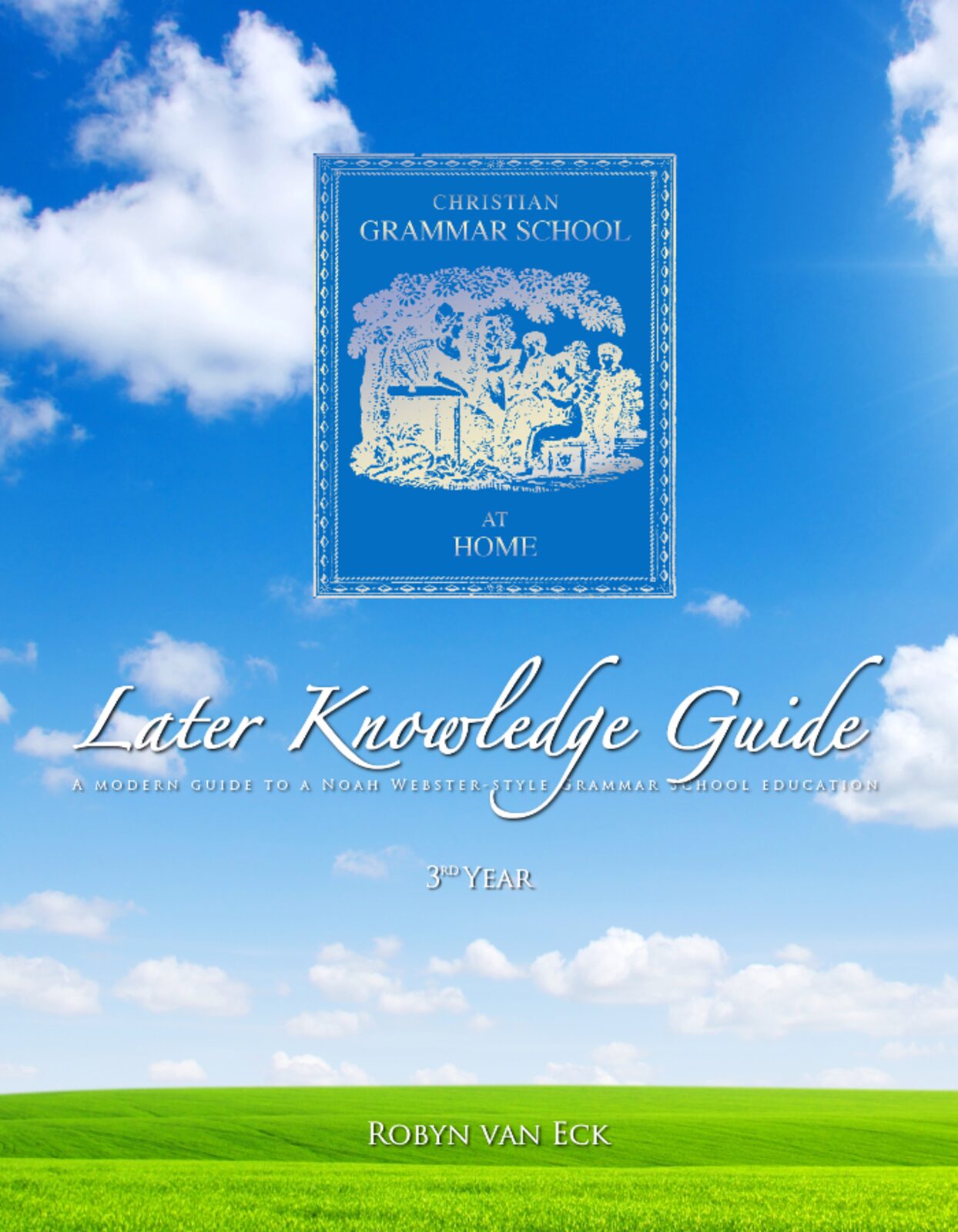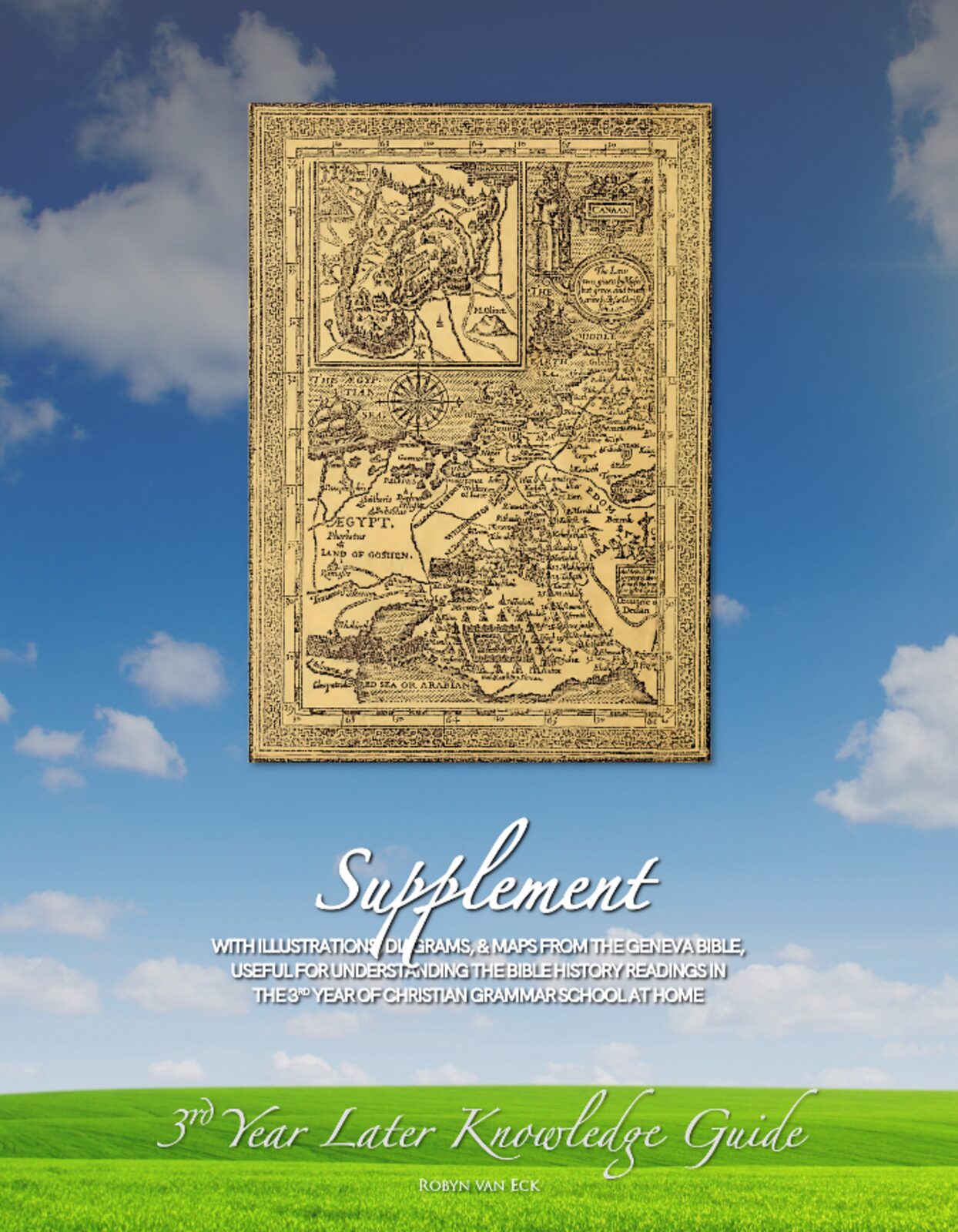Photo by Federico Di Dio photography on Unsplash
Revisionist history is everywhere. There is more revisionist history being produced today than accurate history, and it’s not even close.
If it makes you feel any better, that’s the norm historically. Homer tells about Greek history, and what does he do? He makes up half of it, and embellishes the rest. The Egyptians and Assyrians and Babylonians create great stelae to memorialize their victories, while overlooking any defeats. Every Marxist country today, with the Chinese as prime examples, openly rewrite “history” to make themselves look the heroes and paint their enemies as evil villains. Right out on the open.
I always say, “Pagans gonna pagan.”
Men are sinful, and they lie. It’s, like, the first thing we do.
Even from the belly have they erred, and speak lies. (Psalm 58:3)
This is a new situation for people in Western Europe and the United States, where, for the past few centuries, the people have largely been born-again, Holy Spirit-indwelt Christians, submitted to God’s laws. The cultures of these lands were characterized by a general adherence to the laws of God, epitomized in the 10 Commandments, which includes a prohibition on lying.
In the fear of God, as a whole, the people of these lands have been afraid to lie about history and other important matters. Even if a man wasn’t particularly afraid of God’s judgment himself, he knew that if he went too far, there would be an irate army of other people exposing his lies, to the utter ruin of the liar’s reputation and career. It was a Christian culture.
But Western culture has rebelled from God and His laws in the past century, and our generation is reaping the fruit—we see the culture around us descending backward into paganism. Body mutilation and tattooing, the abuse of women and children, rampant crime, lies being told more freely than the truth—these are the norms for every pagan society. We’re just going back to where our ancestors were, before missionaries brought the Gospel to them and our culture was transformed by submission to the laws of God.
For a little while, we were something different, and blessed. But we hated that; we hated God’s rule. So now, we get to be like all of the other nations again, according to our own desires.
So what is a Christian to do, in a pagan culture? Specifically, what should we do, today, when we want to teach our children history, but we find that every history book or video is suspect? How can we sort the good from the bad?
The good news is that if you keep two simple ideas in mind, they will help you quickly evaluate potential resources, and eliminate the garbage.
First Principle: Most of the people are bad guys
So this is a tough one, but once you can wrap your head around it, all of the pieces of the puzzle will begin to fit into place.
When I was growing up, and for a lot of my adult life, I would read every history account and root for the good guys. And it would change, from time to time. Take English history, for example.
So here we are in Britannia, around the time of Christ, and there are the Britons, living their lives, and here come the Romans to conquer them. They see that lovely green island, fertile, pleasant—a very good land, and they decide to do the same thing they’ve done to any other land they wanted: They’ll take it for their own, and make the people their subjects.
So as I’m reading about the Britons’ valiant attempts against the Roman army, I’m rooting for the Britons to win, right?
Then, when the Romans leave a few centuries later, the Britons are all used to the Romans, and totally defenseless without them, and we don’t want the Romans to leave. But they do, anyway. So now the Romans are the good guys?
So anyway, here come the Angles and the Saxons and the Jutes, all ready to conquer the defenseless Britons (teaching us a lesson about allowing the populace to be disarmed by the government, by the way). It’s horrible. So Angles/Saxons/Jutes are definitely the bad guys.
But then, a few centuries later, the Danes (today we call them the Vikings) show up to start conquering the people, burning their villages, taking their fields, enslaving the people—the same old thing; it’s absolutely horrible.
But if anyone’s been paying attention, the people we’re now rooting for are the Angles and the Saxons, the ones who’d previously slaughtered and stolen the lands of the Britons.
Continuing onward in history, a few centuries later, now the Danes/Vikings that had conquered the much of France (while other Danes were conquering England) are looking across the Channel at England, and they decide to conquer it. So we’ve got the descendants of Danes fighting against the descendants of Danes, Angles, and Saxons.
Who are the good guys here?
Take a closer look at the Britons, back in ancient times. What were they up to?
How about human sacrifice? Yep. In their defenses against the Romans (and before the Romans arrived), they were taking innocent people from their villages and performing horrible murders, in the name of appeasing their demon gods.
Well, then, I guess God was using the Romans to judge the Britons, and to bring civilization to them, so they were the good guys, after all?
Here’s the Romans’ idea of civilization: In their leisure time, force slaves to kill each other for the amusement of the audience. Killing innocent people for entertainment.
Then who was right??
For most of history, there aren’t any good guys.
And I’ll prove it to you.
All have sinned, and are deprived of the glory of God. (Romans 3:23)
Or, rather,
The heart is deceitful and wicked above all things. (Jeremiah 17:9)
For almost all of history, you have wicked people who worship idols, murder each other, steal each other’s wives, kill each other’s children, steal each other’s stuff, lie to and defraud each other, and do all kinds of sinful things to the hurt of both themselves and others… You have wicked men, who, doing their usual wicked, go beyond just hurting a few neighbors, but get great bands of fellow criminals together to follow them, and then do these evils to entire villages, towns, countrysides, and even nations of other wicked people, who were doing the same sorts of things, themselves, before the new wicked people arrived on the scene.
The story of Alexander the Great is not the story of a great conqueror who achieved great things. Nor is it the story of millions of innocent people living their lives peaceably until this conqueror came and subjected them to himself. It’s a story of lots and lots of wicked people doing wrong to each other. On Alexander’s side, it’s the tale of a great criminal who committed great crimes and died in ignominy, in God’s providence. On the conquered people’s side, it’s the tale of people who were living wickedly, doing all kinds of harm to one another, many of whom were trying to conquer their neighbors, who got conquered, in God’s providence.
The rare exception is when there actually is a good guy. And then those are the best stories! When men are loving God, doing His work, making good and gracious decisions, and defending the weak and vulnerable. But those kinds of stories are the exception, not the rule.
So here is the rule of thumb, in every conflict in history: One of the parties involved is definitely wrong, and, most of the time, both are. (See also Russia and Ukraine.)
Second Principle: God is sovereign over history
The second principle you want to keep in mind when you study history is that God is sovereign over all of history.
My favorite quote about this is from Chuck Swindoll. Chuck once taught, “God is never sitting up in heaven, saying, ‘<gasp!>'” God is never surprised by anything we do down here. What’s more, He is completely in control of everything we say and do and even think down here.
How can that be? We make decisions; we reason through things on our own; we do things that are against His will.
Yes, this is all so. But He is so much greater, and wiser, and more mighty than you can imagine, such that even in all of the millions and billions and trillions of decisions and interactions and things that happen, and that we do in our own will, He is still sovereign over every bit of it.
Many devices are in a man’s heart: but the counsel of the Lord shall stand. (Proverbs 19:21)
We call this the doctrine of God’s sovereignty, and it is a fundamental tenet of the Christian faith. God is controlling everything; He is ruling over everything; He is moving things however He pleases.
This is the single most important Factor in the study of history—the One who is writing the story, as it were.
Which makes it more than problematic when someone claiming to present an account of history leaves out any acknowledgement of Him whatsoever!
In Short
In short, what we’re talking about here are a right understanding of God, and a right understanding of Man. (These, by the way, are the two basic fundamentals of a Christian Worldview.)
When you’re evaluating resources, ask yourself, “What does this resource teach about God?” and, “What does this resource teach about man?”
You can remember that! The two basic questions for everything. You’ve got this!
How to Apply these Principles
So when you’re checking out a history resource, listen to what the author/speaker is conveying.
Right View of Man
Most authors today begin with the assumption that people are basically good, and only do wrong when some outside circumstance drives them to it.
This is completely antithetical to the Gospel.
Or in other words, for the last 100 years, children raised in Christian homes were taught “history” by authors and teachers who taught that people are basically good, and that they only do wrong when something outside of themselves causes them to be driven to do wrong. And almost all of those children born into Christian homes left the faith, to the point where, today, only 4% of Americans believe the basic truths of the Christian faith.
Yes, it makes a difference. Teach your children lies about history, and they’ll believe lies about themselves, even to their eternal peril.
But this is easy; you can get it right in your homeschool. The perspective you want your children to understand is that almost all of the people in history are bad guys. Just like the Bible says. Every once in awhile, a good guy rises up and does a lot of good. Be like that guy. But for the most part, they’re all bad guys. (And even the “good guys” are still sinners, so they’ll usually do something disappointing, too. We can acknowledge that, too.)
But that’s depressing! Yes, it is. That’s why we need to repent of our sins, and for God to fix us. Teaching an accurate view of history helps our children to understand their need for the gospel.
When you’re considering any history book, you should begin by assuming that the author is teaching that people are basically good, not sinful. I promise, 99.9% of the time, in books written since 1880, that this will be the case. Just come into it assuming this, and you’ll be off to a great start.
But you want to take a deeper look; you’ve heard good things about this author; you’re really interested in this history topic. What do you do?
Read some of the book, and see what perspective the author is taking. You can tell really easily, when you get the hang of it. Ask yourself: Does this author think that people who don’t know Christ are basically going to make good decisions or bad decisions? If the author treats pagans as if they are generally sweet people, then he is showing you that he has a pagan worldview. Get out of there. Bonus points: Does this author think that people who do know Christ are basically going to make bad decisions? These days, most authors get that one wrong, too, and generally assume that people who have submitted themselves to God and are trying to obey the 10 Commandments are evil colonizers out to slaughter and enslave everybody. Really, really run away from those authors.
If the author gets these questions wrong, do not give this book to your children!!!
I repeat, if the author does not believe the most basic truth about humanity—that we are sinners in need of a Savior—then do not give this book to you children.
This is the most fundamental thing your children need to understand about humanity, and that is why you are studying history—so your children can understand about humanity!
Next question: Does the author call sin, sin? For example, does the author teach that Native Americans were living peaceable, idyllic lives, worshipping their gods in their own way, before Europeans came to America? Idol worship is the grossest sin we can commit. God created each one of us, and He commands that we worship Him, and not anything else. Worshippers of false gods live in slavery to sin, and desperately need the gospel. If your author is teaching that worshippers of demonic false religions are peaceful, sweet, honorable people who were doing just fine before people brought the gospel to their lands, then run away!
Right View of God
This one is easier for us to discern. In most cases, the authors don’t mention God at all, and that should immediately eliminate this resource from inclusion in one’s homeschool.
I say again, if your history resource does not acknowledge that God has created us, given us laws by which we must live, and furthermore actively involves Himself in our human affairs, most especially when it comes to judging the wicked, run away!
Give your children history books which acknowledge that God is the Most Important Player in history. Otherwise, you’re giving them a false idea about history. Dare I say, the resource is teaching them revisionist history.
Remember, the two guiding principles of Christian Worldview are a right view of God, and a right view of Man. When evaluating a history resource, your first criteria should be whether it teaches the truth, or denies the truth. (That’s what Christian worldview is—the truth.)
Don’t teach your children false history.
(By the way, this goes for Literature, too. But that’s a story for a different day.)
What are your favorite history resources, when you evaluate them in light of Christian Worldview? Share them in the comments below!
Thanks for dropping by; please keep us in prayer!






Lynda
VERY discerning & TRUE!
Jennifer
This is definitely helpful in considering the worldview of the author and perspective of the account given. How do you go about finding resources that DO have a biblical perspective? Especially for more recent history? It’s easy to find unbiblical material. The resources you have shared in the LKGs have been helpful in introducing me to authors I didn’t previously know about, but if I am looking on my own for a specific history topic I don’t really know where to start.
Laura
Thank you! As a History teacher at a home school cooperative I struggle to find outside resources to supplement my lessons because of the revisionist approach. This gives me a good perspective and criteria.
Alyssa
This cuts right to the guts of education, Robyn. Thank you.
Christina Prater
Wonderfully written! Thank you for sharing!